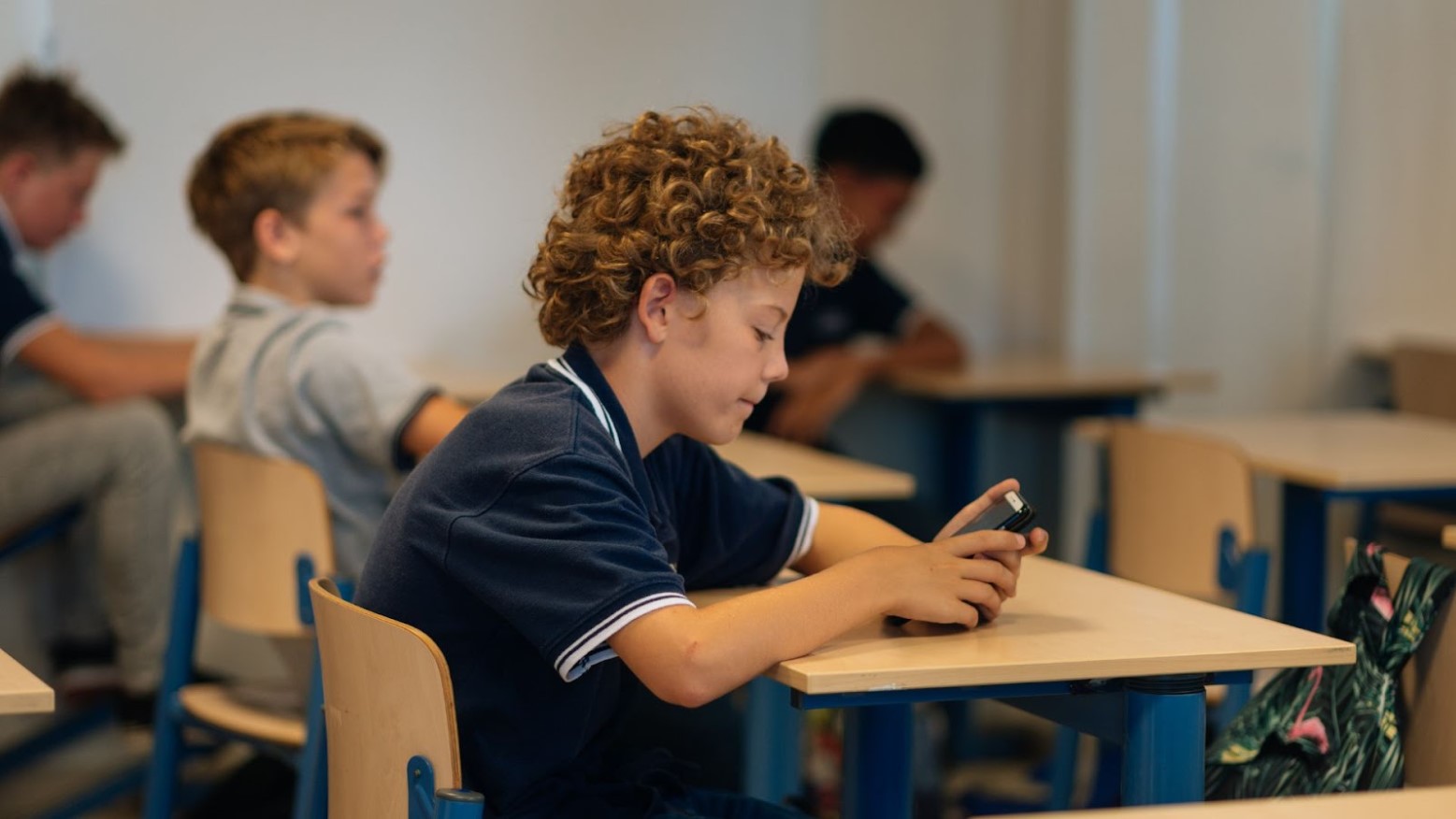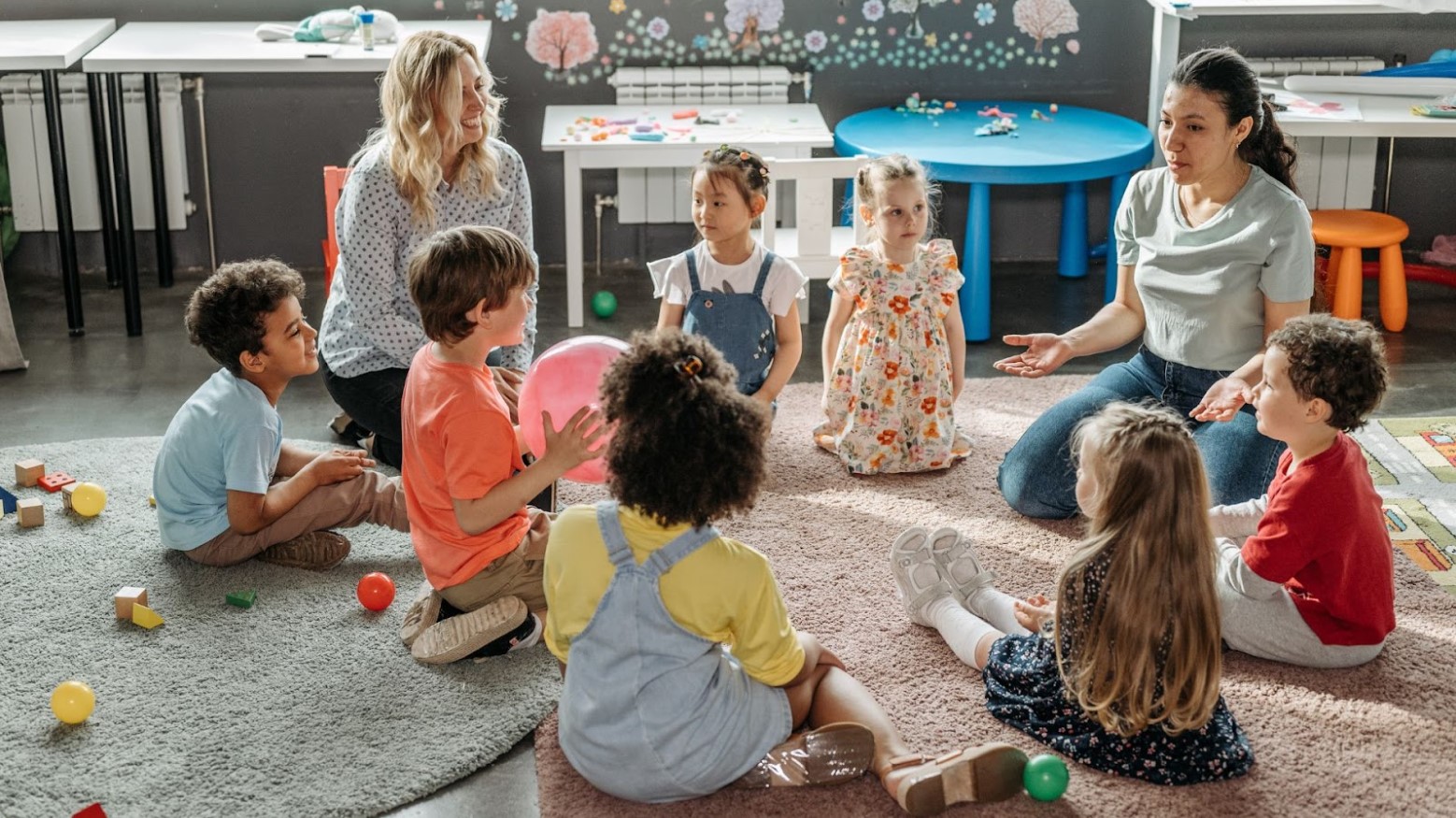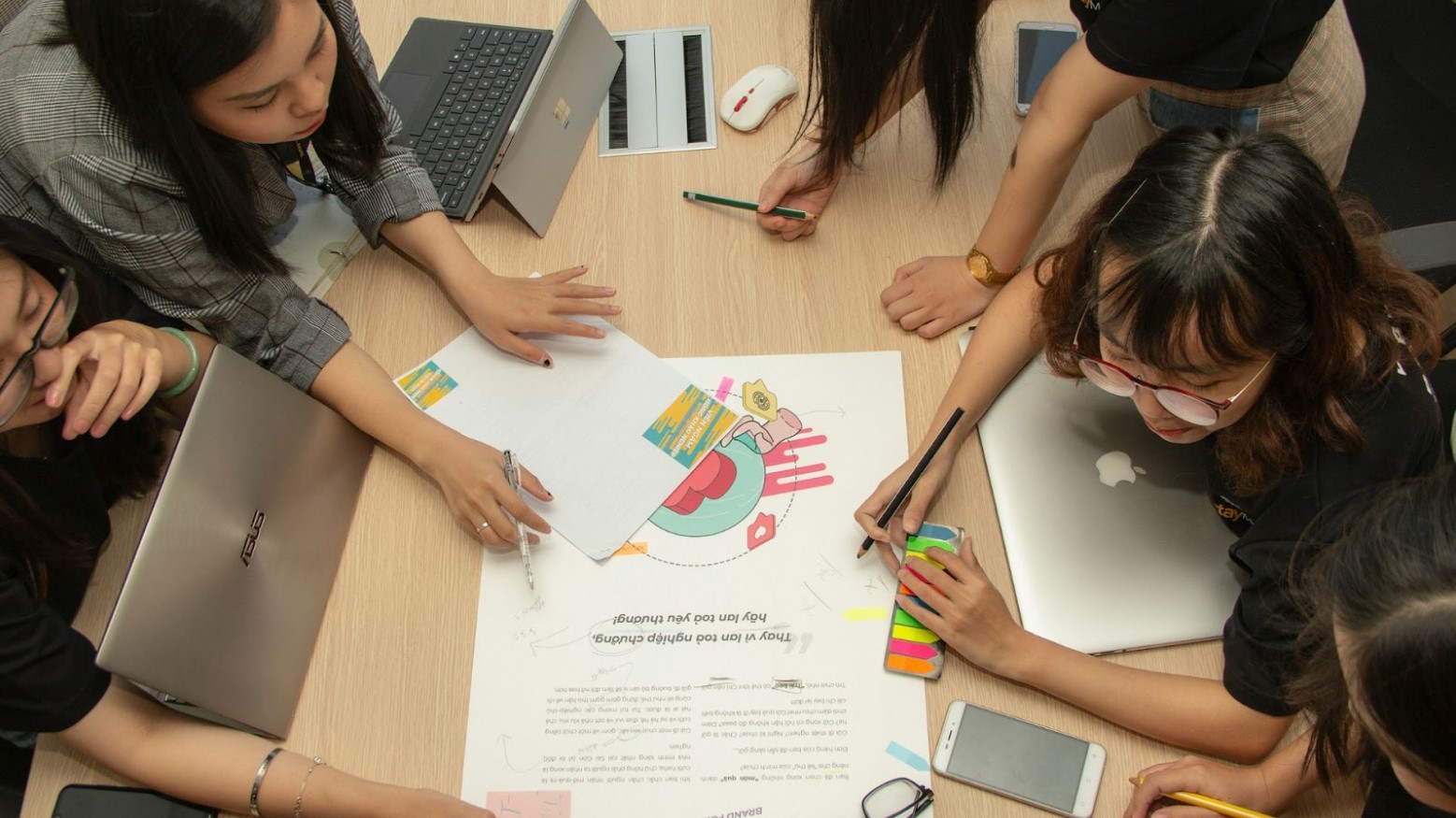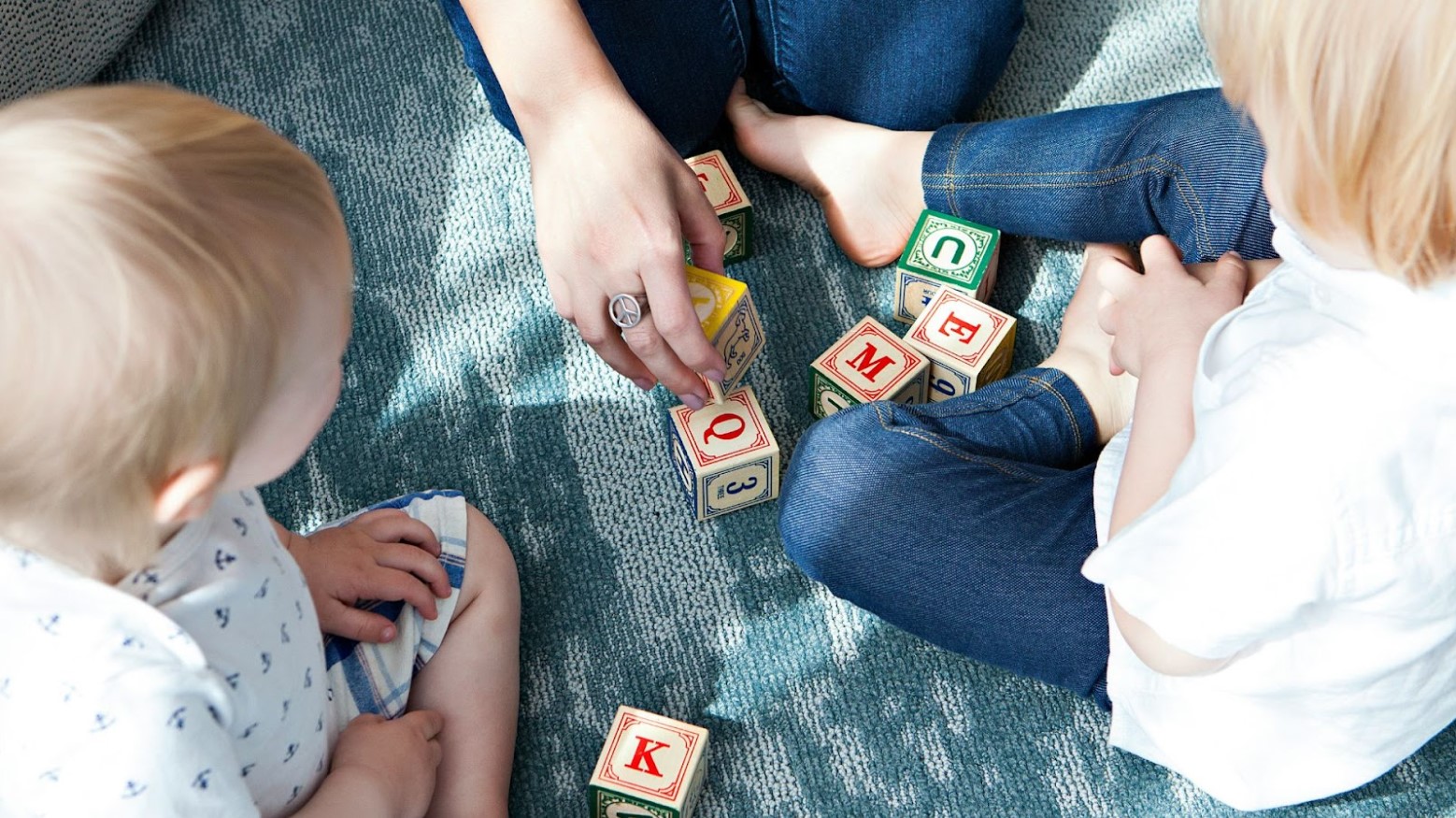During an episode of the popular podcast, The Joe Rogan Experience, a psychologist answered some difficult questions about kids and technology.
A new concerning trend shows a massive dive in academic performance in kids. Psychologist, Jon Haidt, had some interesting theories about why students seem to be getting dumber since 2012.
Proliferation of Smartphones Among Young People

One of the first theories that Haidt had on The Joe Rogan Experience is that kids as young as 10 are getting access to smartphones.
Academic performance took a sharp nosedive around 2012. It’s easy to make the connection that middle school aged kids are distracted by the excitement of social media instead of focusing on their school work.
Screens Are Too Distracting

Many teachers and school officials have bemoaned the use of smartphones in the classroom, stating that kids simply do not have the impulse control to stop checking them.
Haidt suggested implementing tools like phone lockers or pouches to limit the physical access to phones during school. The idea is to force the much needed face-to-face interactions that make students actually learn new material.
Attention Is a Muscle

Like most things in life, paying attention for an extended period of time and performing deep work is a muscle.
During adolescence, kids need more focused periods of practicing concentration so that they can build the skill. Being constantly distracted is exactly what Haidt says is causing the inability of kids to learn new material.
Technology Addiction Is Pervasive in Our Society

A common issue that many psychologists are facing is an addiction to technology. This vice is no different than an addiction to shopping, alcohol, or gambling, and can be just as destructive.
During the episode of the podcast, Haidt and Rogan discussed the broader issues that can come from an addiction to tech. They conclude that while children are still forming essential components of their brains and personalities, tech should be limited.
Causing a Lack of Innocence in Kids

While it’s too late for many adults to experience the same sense of wonder and innocence, society should be shielding their kids more and allowing them to experience unencumbered childhoods.
Haidt went on to warn against letting kids have unrestricted access to social media. The content posted on many social sites like TikTok and Instagram can be too mature and damaging to brain development at a young age.
Discussing the Future of Technology for Kids

The longer that people have access to smartphones, laptops, and gaming consoles, the more that loneliness seems to be spiking.
The issue is especially pervasive with people who have used tech since a young age. Over-using screens seems to have a direct result on human relationships and self-esteem. One of the issues that professionals need to think about is how these trends will continue into the future.
Many Kids Do Not Have the Proper Intellectual Skills

Technology has changed certain things from the past, like rolling up a car window or dialing a phone. Due to the constant changes, many young people can’t perform basic tasks like reading an analog clock.
While it might seem cute at first, teachers say that these missing skills directly affect kids’ ability to read, write, and think critically.
Parenting May Be To Blame

Many people speculate that the parents are to blame in this situation. Giving kids phones at a young age and unrestricted access to computer and gaming consoles is a bad replacement for parenting and human connection.
However, it seems impossible to keep kids away from these things entirely. They need to use laptops at school from a very young age and then go on to use complicated technology in the workforce. The connection to our society and technology seems too deeply embedded.
Finding a Balance

Technology will only continue to develop and evolve. It seems unjust to keep kids away from learning what tools will be used in the real world.
Instead, teachers and parents need to foster and value connection and real world skills. Many experts still suggest strict time limits and boundaries on tech in the home.
Practice Critical Thinking Skills

One of the major issues with kids lacking abilities in the classroom is their lack of critical thinking skills.
One major task that parents can take from an early age with their kids is to practice critical thinking drills. These drills might look like letting kids work through problems on their own.
Creative Games and Problem Solving

Even from toddlerhood, parents can practice problem solving and critical thinking with their kids.
Play is one of the biggest factors that can continue this skill. Allowing kids to play independently or work at a task without intervening can seriously improve their abilities from a young age.








































